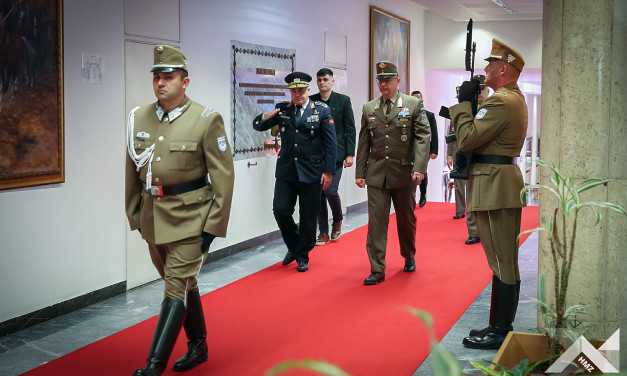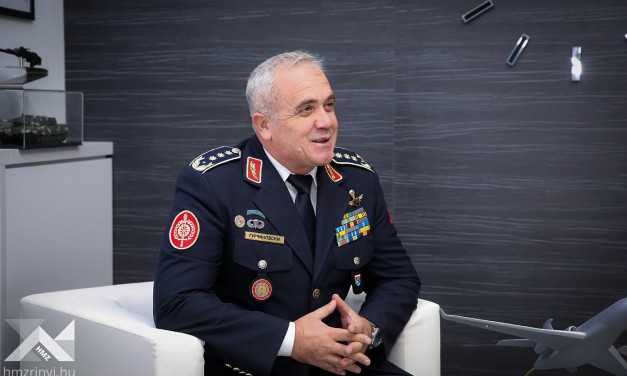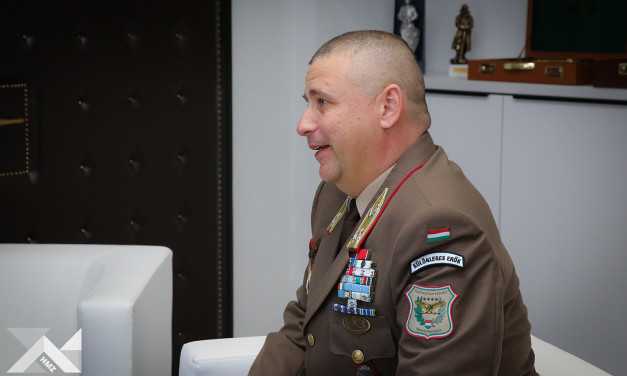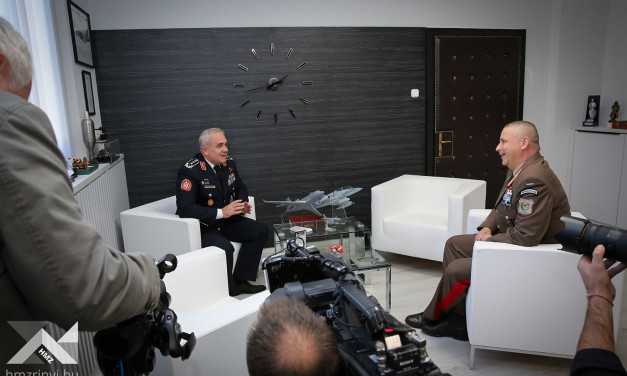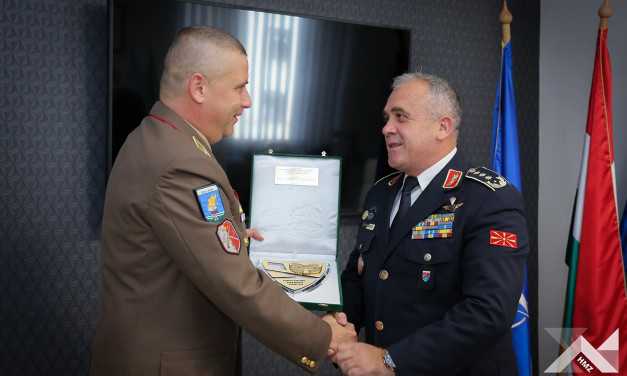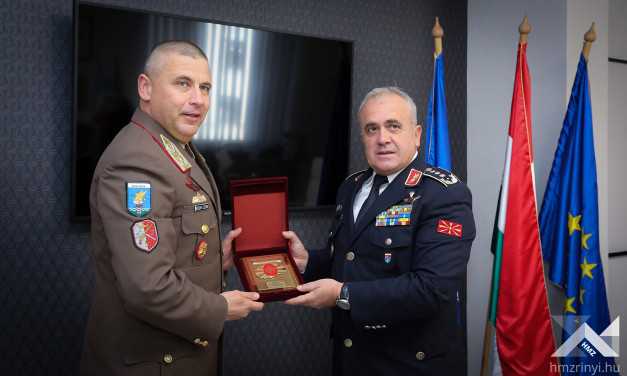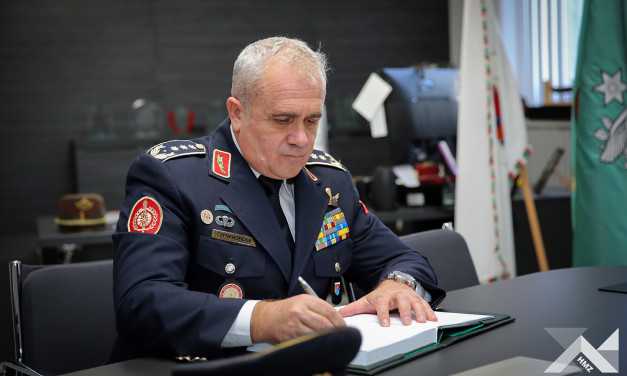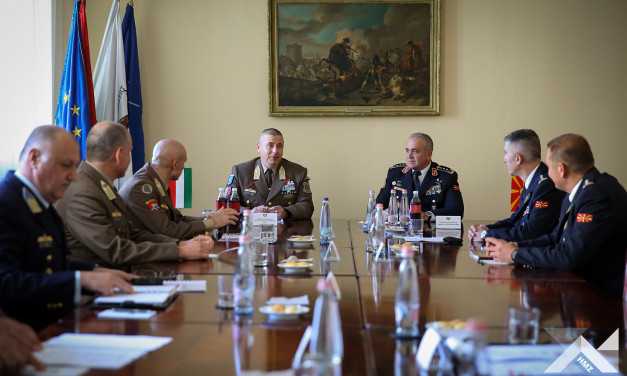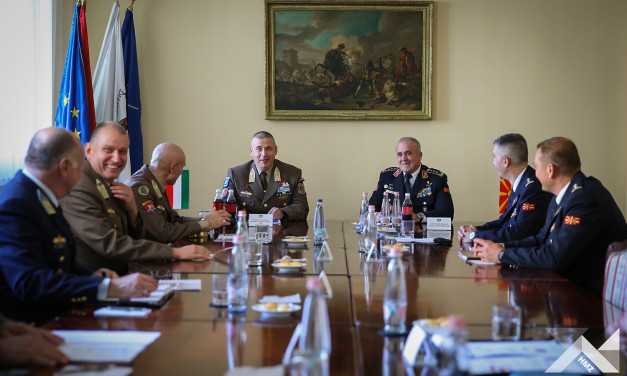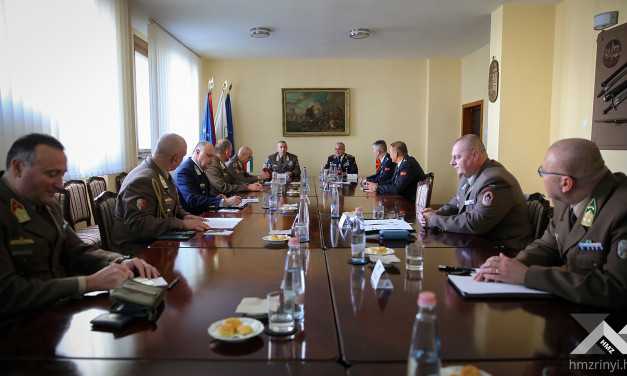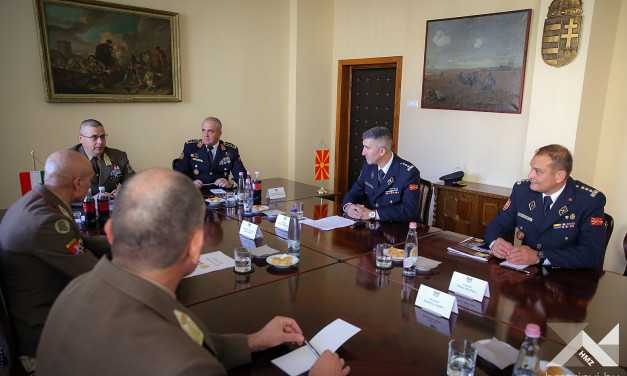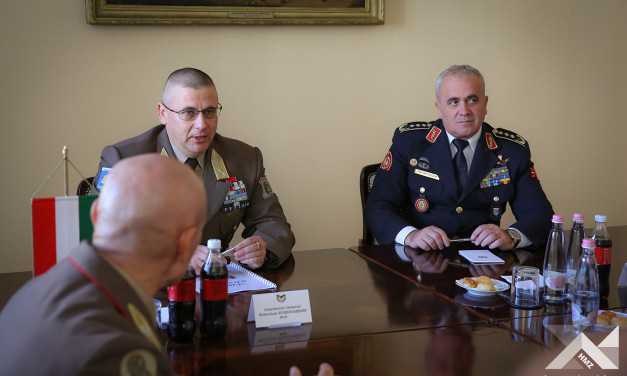Commander of Hungarian Defence Forces holds discussion with Chief of Defence of North Macedonia
Text: Hungarian Defence Forces Command | Photo: Warrant Officer Lajos Szabó, Sztaniszláv Horváth | 12:56 October 20, 2022On 19 October, Lieutenant General Romulusz Ruszin-Szendi PhD, Commander, Hungarian Defence Forces received, with military honors, Lieutenant General Vasko Gjurchinovski, Chief of General Staff of the Armed Forces of North Macedonia in Heroes’ Square, Budapest.
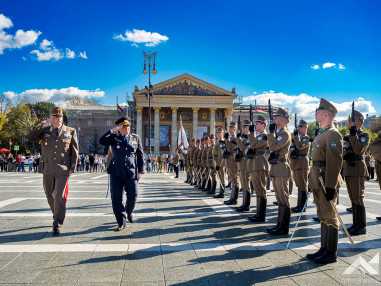
Following the military honors, the two CHODs held a closed-door meeting in the Ministry of Defence, which was followed by a plenary session. The topics of this session included, among others, the results of the National Defence and Armed Forces Development Program, the impacts of the Russo-Ukrainian War, NATO’s responses to the new security challenges as well as the security situation of the region and the Western Balkans.
Speaking at the plenary discussion, Lieutenant General Romulusz Ruszin-Szendi PhD said that Hungary continues to support the integration of North Macedonia after its accession to NATO and the country’s aspirations for EU integration. In his opinion, it is necessary for these countries to become part of the European Union someday, so that we can represent a uniform bloc and advance the interests of Europe, among them those of Hungary as well. The lieutenant general pointed out that the stability of the Balkans is in our fundamental national interest; it is no accident that more than 500 Hungarian troops are continuously serving in this theatre, thus we remain committed to the foreign missions in Kosovo (KFOR) and in Bosnia-Herzegovina (EUFOR Althea). The commander of the Hungarian Defence Forces expressed his special thanks to the Chief of Defence of North Macedonia for the support we have received during the tenure of the Hungarian command of KFOR. Lieutenant General Ruszin-Szendi went on to say that the Hungarian Defence Forces remain open to the cooperation of special operations forces, and especially in the field of combating illegal migration, since the experiences of North Macedonia are indispensably important for us to be able to train for these tasks, too, if this kind of threat/pressure continues to increase.
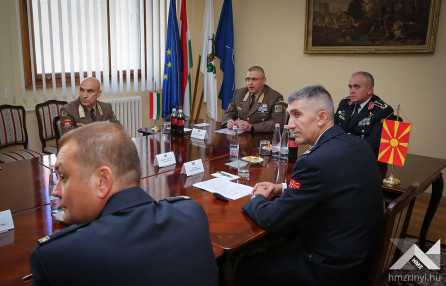
During the meeting, the Hungarian commander informed his counterpart that in relation with the armed forces development program, Hungary is going to fulfil its commitments made in NATO, and is building a military force that represents adequate deterrence. He emphasized that in accordance with the challenges of the 21st century, the development of the armed forces does not only involve military equipment but also the soldiers’ individual tactical gears and training.
In connection with the Russo-Ukrainian War, Lieutenant General Romulusz Ruszin-Szendi pointed out that Hungary continues to condemn the Russian aggression and to support Ukraine exclusively through providing humanitarian means. Handling the migration caused by the war is a priority, therefore we support the border protection of other countries as well, said the Hungarian commander.
The agenda of the plenary session included several NATO-related current topics, among them the NATO enhanced Vigilance Activity Battle Group (eVA BG), speaking of which the commander of the Hungarian Defence Forces stated that Hungary supports the steps that are necessary for collective defence, and we have been the first to announce the establishment of an eVA Battle Group. He added that, having deployed to Hungary following the multinational Exercise Brave Warrior 2022 which ended in late September, the eVA Battle Group has been declared combat ready. In connection with NATO organizations, the Székesfehérvár-based Headquarters Multinational Division Centre (HQ MND-C) was also discussed, concerning which the commander of the HDF offered the armed forces of North Macedonia the opportunity to join the Centre.
Photo: Sztaniszláv Horváth

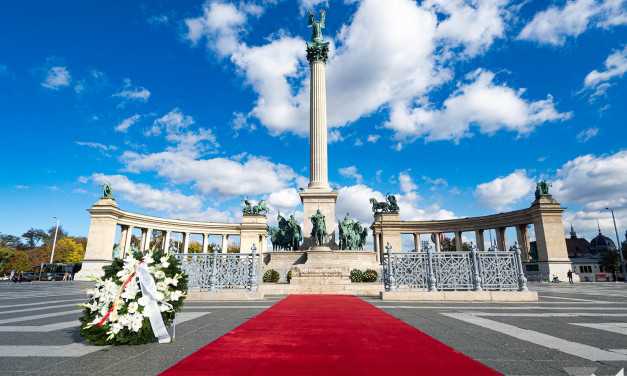
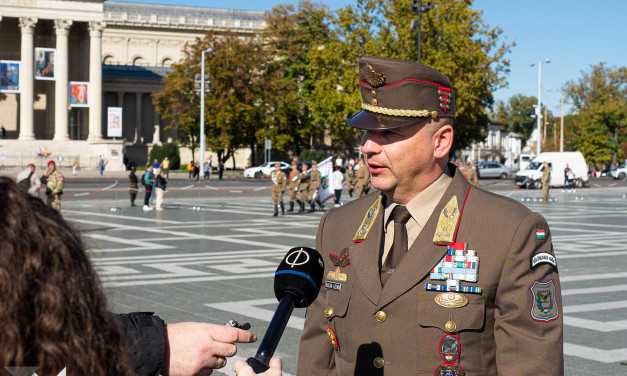
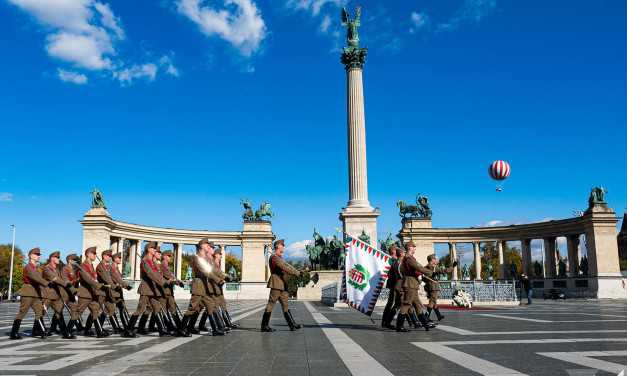
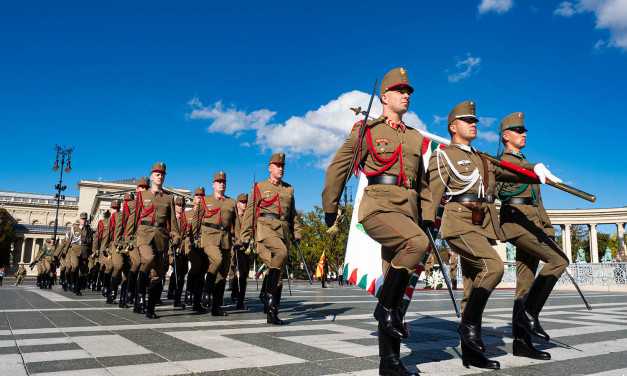
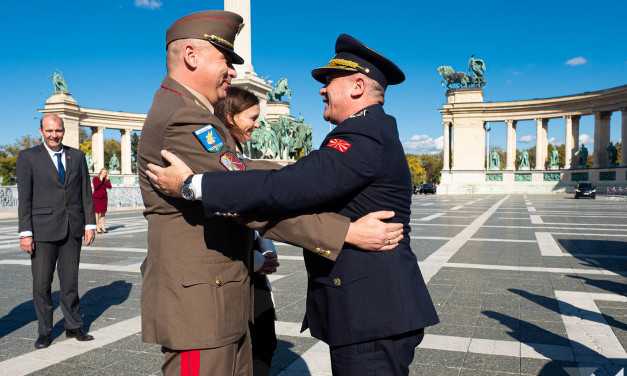
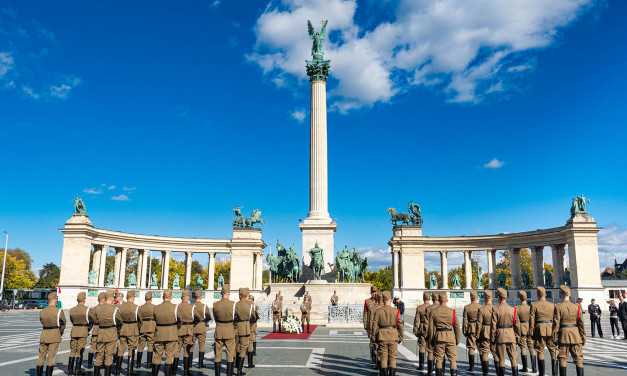
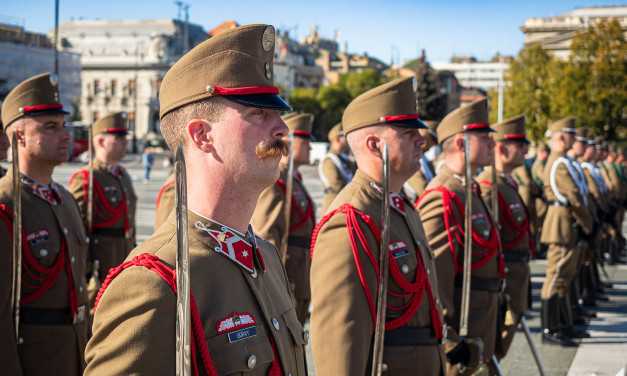
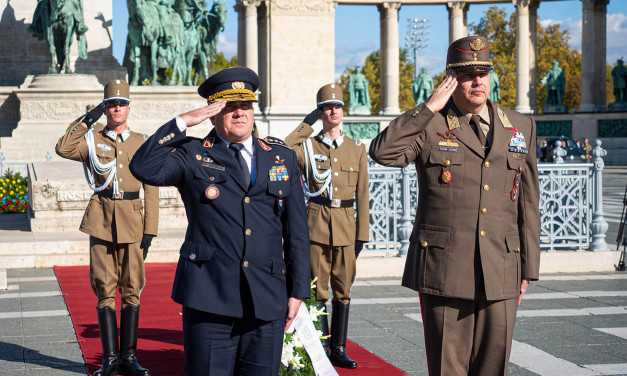
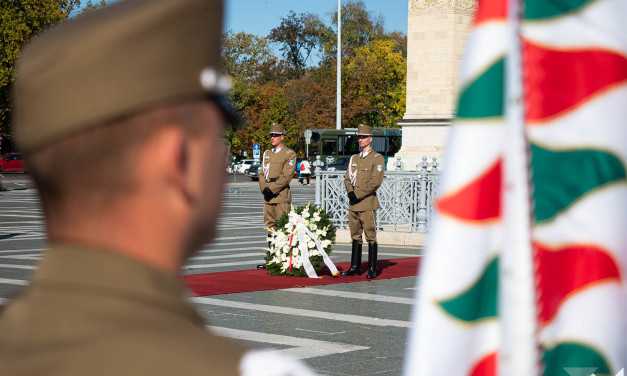
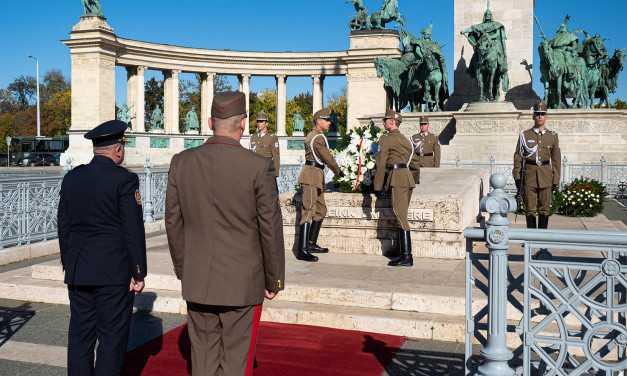
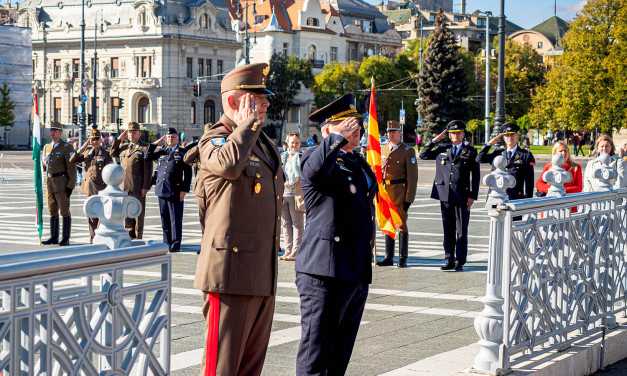
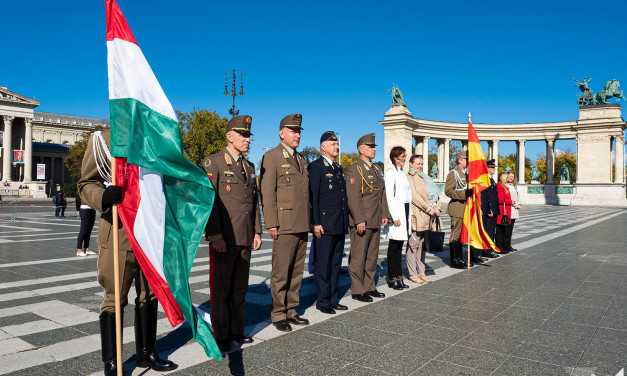
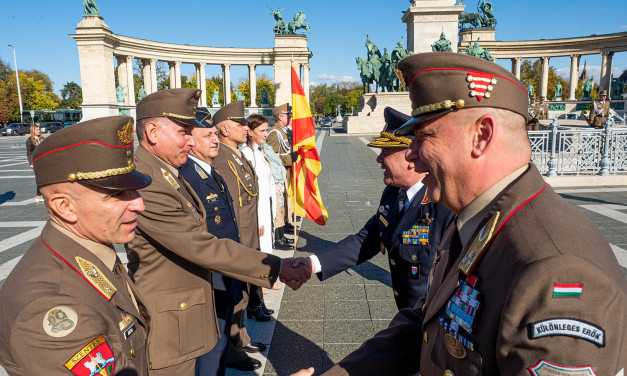
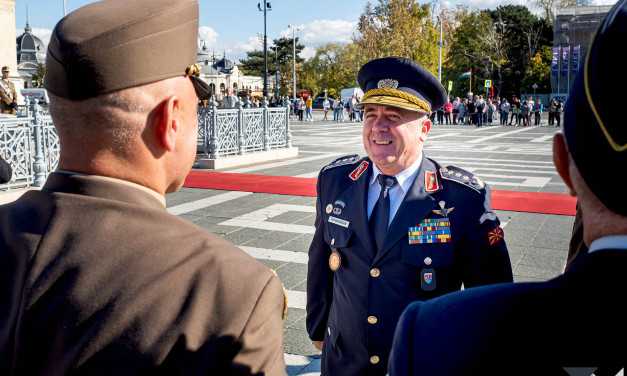
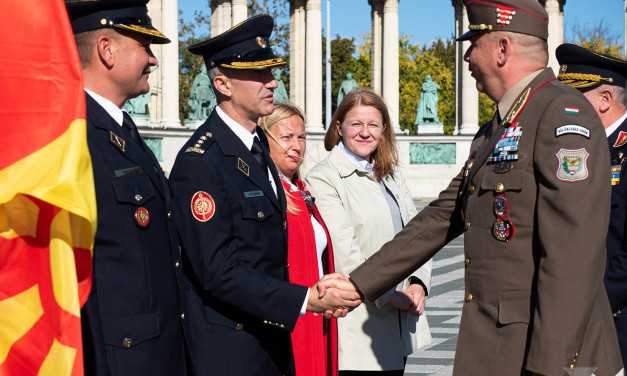
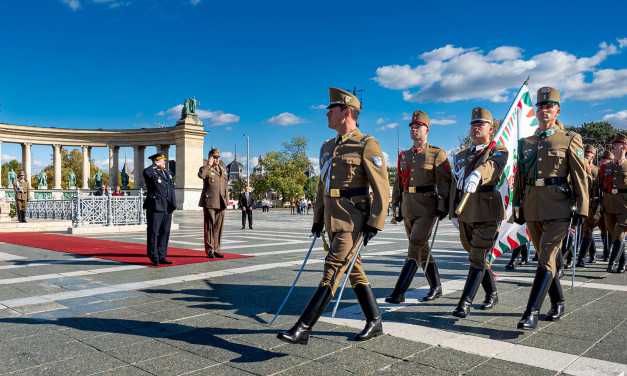
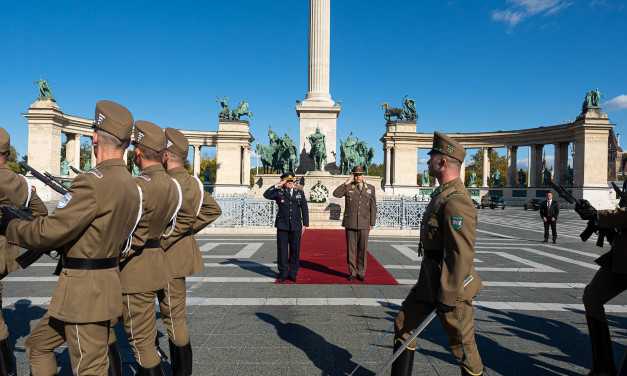
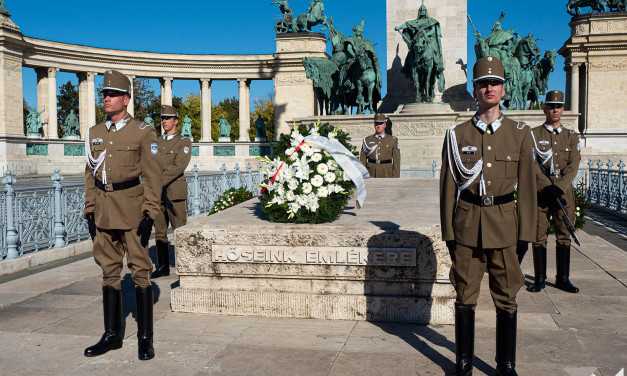
Photo: Warrant Officer Lajos Szabó
